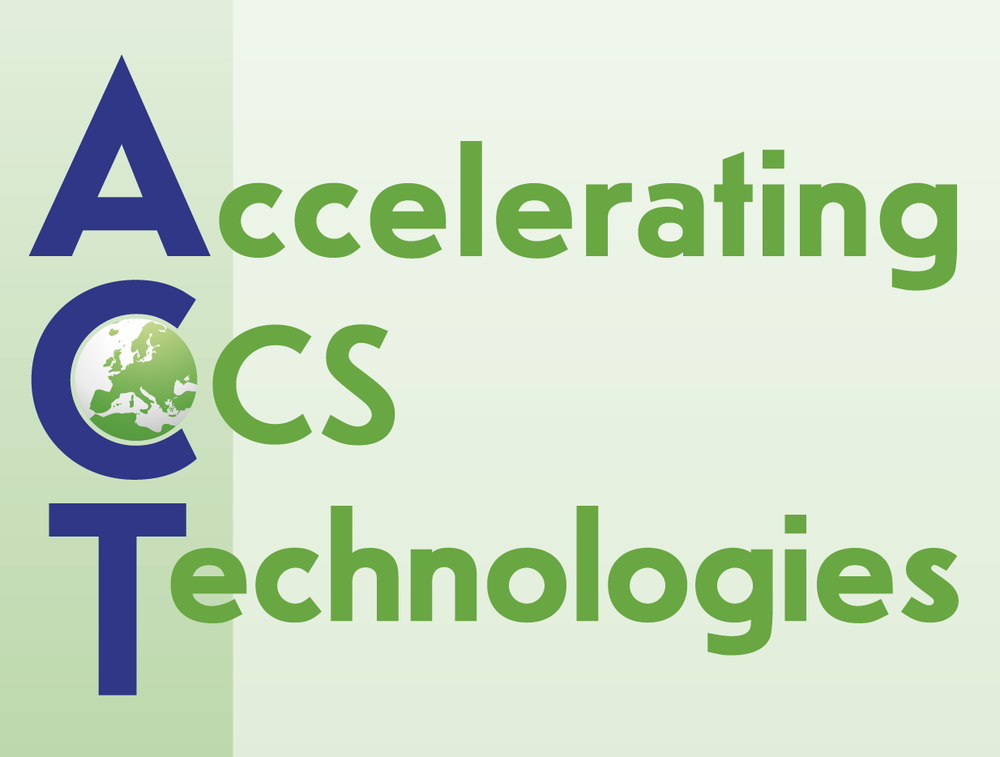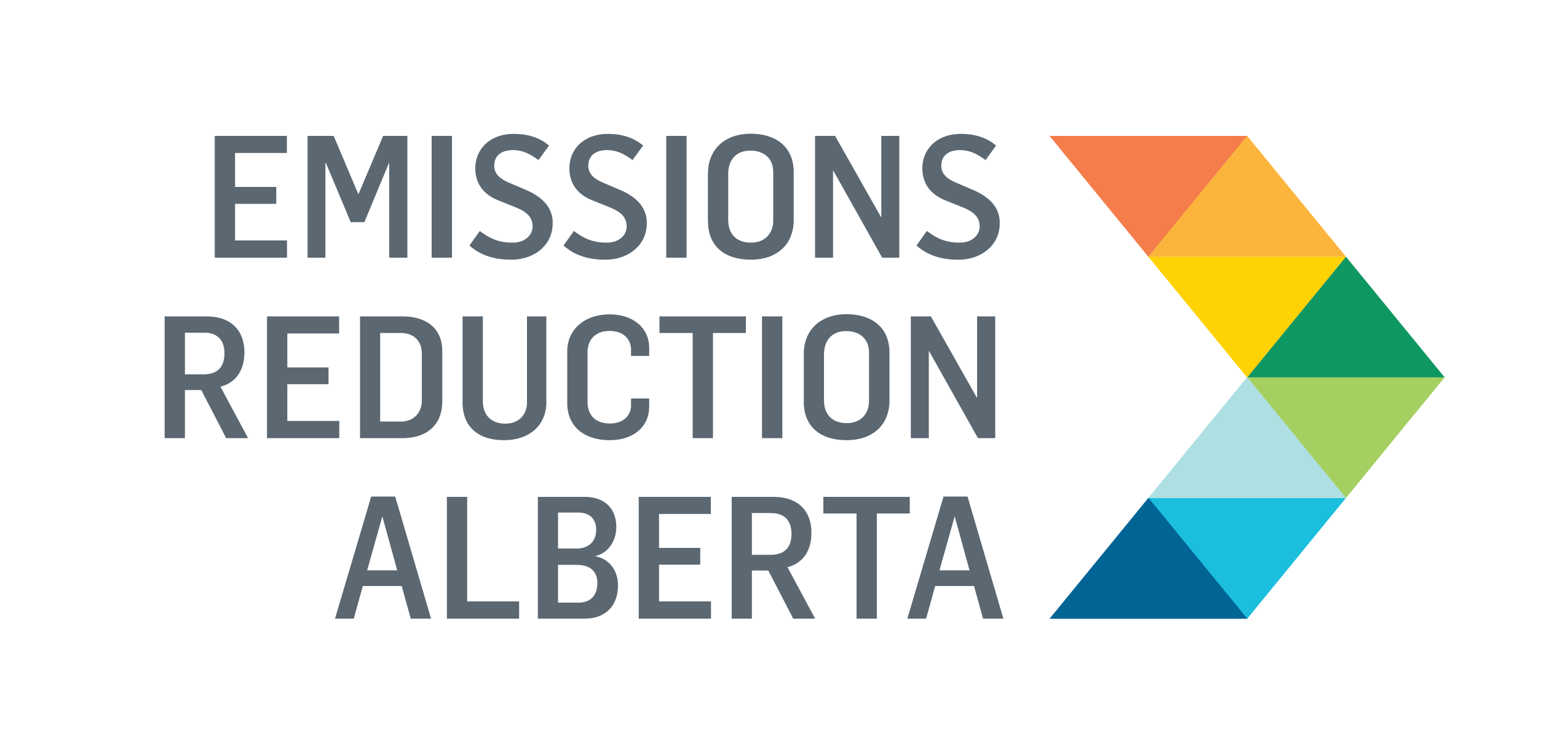Alberta partners in global CCUS initiative to leverage investment from 8 countries

FOUR ALBERTA-LED CCUS PROJECTS RECEIVE FUNDING AS PART OF INTERNATIONAL PARTNERSHIP
ERA committed over $2 million to four Carbon Capture, Utilization, and Storage (CCUS) projects worth almost $24 million through an international partnership with Accelerating CCS Technologies (ACT). These innovative Alberta-based projects were selected through the ACT consortium’s recent Call for Proposals and include investment from eight countries to support their commercialization in the province.
In total, 13 projects from around the world worth $68 million in public and private funds were selected; $43 million comes from 15 participating ACT partners. Each project consists of a consortium of at least three eligible applicants from three countries. Projects were selected through a rigorous two-stage evaluation process led by an independent international expert panel. Funding is being sourced from Alberta’s industry-funded Technology Innovation and Emissions Reduction (TIER) fund.
The four Alberta-led projects selected include:
Carbonova Corp.
CREATE – Carbon reforming to economic additives for transitioning into emission-less era
Project value: $1,800,000 | ERA commitment: $543,000
ACT partners: France, Switzerland
University of Alberta
ENSURE – Effective monitoring of long-term site stability for transparent carbon capture and storage hazard assessment
Project value: $3,600,000 | ERA commitment: $507,000
ACT partners: France, Norway
Carbon Management Canada
RETURN – Reusing depleted oil and gas fields for CO2 sequestration
Project value: $11,000,000 | ERA commitment: $345,000
ACT partners: Germany, Netherlands, Norway, United Kingdom
University of Alberta
ACTION – Advanced multitemporal modelling and optimisation of CO2 transport, utilization, and storage networks
Project value: $7,300,000 | ERA commitment: $745,000
ACT partners: France, Netherlands, Romania, United Kingdom, USA
Additional projects selected through ACT Call 3 can be found here.
ABOUT THE PARTNERSHIP
In 2020, ERA announced a partnership with the global initiative to invest in world-class innovation that can lead to safe and cost-effective CCUS technologies. ACT is coordinated by the Research Council of Norway (RCN) and is a collaboration of 15 research and innovation funding organizations from 16 countries, including the United States, the United Kingdom, Germany, and others. Alberta, through ERA, is the first sub-national member.
The ACT consortium has established itself as a strong multinational funding approach for research and innovation dedicated CCUS, an area of intense global interest as a key emissions reduction opportunity for the large industrial sector: power generation, cement production, oil and gas, manufacturing, and more.
In addition to leveraging international funding for CCUS initiatives, the partnership with innovation organizations around the world represents a significant opportunity for future collaboration and knowledge sharing. All projects will present their goals and plans at the Annual ACT Knowledge Sharing Workshop and all recipients are required to produce a final outcomes report that will be shared publicly for the broader benefit of Alberta.
Alberta’s CCUS-related investments—Shell Quest, Alberta Carbon Trunk Line, ERA’s $35 million Grand Challenge: Innovative Carbon Uses, NRG COSIA Carbon XPrize, and the Alberta Carbon Conversion Technology Centre (ACCTC)—also put the province in an excellent position to create new knowledge and share expertise gained through these world-leading initiatives.
ABOUT ACT 3 CALL FOR PROPOSALS
Project proposals required a project consortium consisting of at least three eligible applicants from at least three countries/regions participating in ACT 3. This partnership requirement demonstrates international collaboration and is a way for countries to leverage new knowledge, expertise, and resources. Large projects requiring a budget over $4.6 million (CAD) were encouraged to have a consortium of four or more partners, with no single partner representing more than 70 percent of the activities in the project.
All proposals underwent a two-stage evaluation process:
- Pre-Proposal Review: The first phase consisted of “pre-proposal” submissions. National/regional funding bodies evaluated these pre-proposals to determine their suitability for moving on to the next phase. ERA used its standard expression of interest (EOI) review process for the evaluation of these pre-proposals.
- Full Proposal Review: A shortlist of applicants were invited to submit a full proposal that was evaluated and ranked by a team of independent international experts. The final funding decision was made by the relevant funding bodies based on the ranking and approval of the ACT consortium’s individual funding organizations. ERA used its standard approval process for final funding decisions.
- Project Execution: Successful applicants are required to enter into a legal agreement with their respective national/regional funding organizations (e.g., Alberta companies with ERA, Norwegian companies with RCN, etc.). For each approved project, the entire consortium of applicant partners must have a signed agreement detailing the internal organization and management of the consortium, intellectual property arrangements, and settlement of internal disputes.
Projects were evaluated based on three primary criteria, in addition to national/regional funding organization criteria:
- Excellence: dealing with the overall fit within the scope of the call, credibility of the technology, scientific merit, ambition and innovation potential, trans-national cooperation within the CCUS community, and relevance and clarity of overall objectives.
- Impact: underscoring the importance of the results of the project, expected contribution to the advancement of CCUS, impact on environmental, social, and corporate governance (ESG), and industrial relevance.
- Quality and Efficiency: including a coherent and effective project plan, appropriate budget allocation, risk management procedures, and team capability.
